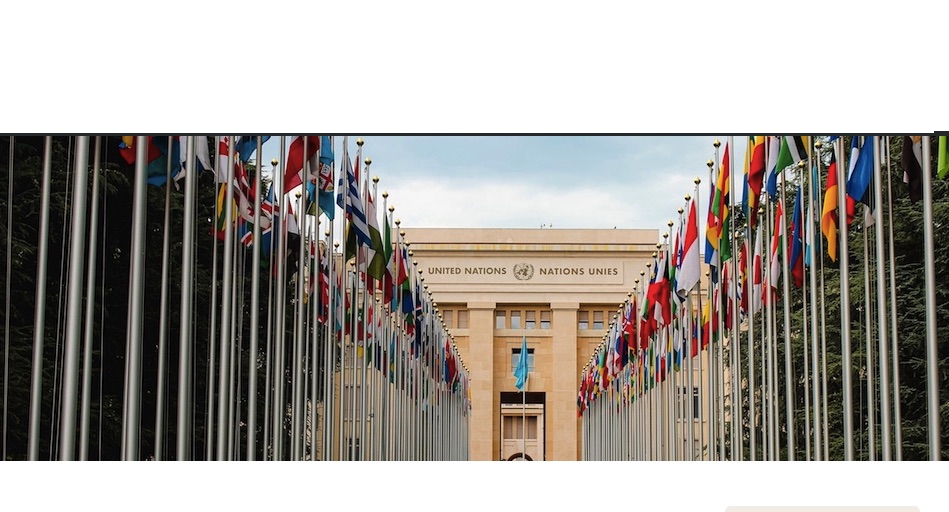… . HUMAN RIGHTS … .
An article from the Center for Reproductive Rights
United Nations Member States from around the world yesterday [November 9] strongly recommended to the United States that it act to protect sexual and reproductive rights and ensure access to sexual and reproductive health care and services.

The recommendations came during the U.S.’s Universal Periodic Review (UPR), which takes place for each country before the United Nations Human Rights Council (HRC) every four years. At the interactive review in Geneva, all UN Member States can ask questions and make recommendations to the nation under review.
Recommendations given to the U.S. ranged from improving equitable access to reproductive health care and services and addressing maternal mortality, to ending restrictions on international aid for sexual and reproductive health services and improving access to basic health services for migrants and refugees in detention.
“The Trump administration has curtailed access to reproductive health care globally and systematically undermined affordable access to reproductive health care within the U.S.,” said Risa Kaufman, the Center’s Director, U.S. Human Rights. “Its policies have caused extraordinary harm to people of color, people with disabilities, LGBTQI people, immigrants, people who are low-income or living in poverty, and people who are incarcerated.”
Kaufman added, “These UPR recommendations offer a clear roadmap for the incoming Biden administration to reverse course and ensure access to reproductive health care for all, including access to safe and respectful maternal health care and abortion care. The Biden administration has an immediate opportunity to make clear its commitment to advancing reproductive rights as human rights, in the United States and around the world.”
(Article continued in right column)
Question related to this article:
Can the United Nations protect human rights in its Member States?
(Article continued from left column)
In preparation for the November 9 UPR, the Center for Reproductive Rights and its partners submitted a stakeholder report requesting Member States to urge the U.S. to improve its human rights record in the area of reproductive rights and health.
At the UPR, Member States urged the U.S. to:
* Ensure and improve equitable access to sexual and reproductive health care and services, with particular focus on people experiencing multiple and intersecting forms of discrimination.
* Ensure that laws allowing for refusals of care (such as for religious objections) do not restrict access to health care.
* End restrictions that prevent U.S. international aid from going toward sexual and reproductive health—for example, by ending the Global Gag Rule and stripping the Helms Amendment from upcoming spending bills.
* Address maternal mortality. The U.S. has one of the highest rates among wealthy nations, and it disproportionately affects Black and Indigenous women.
* Ensure universal maternal health care.
* Rescind Title X regulations that forbid publicly funded clinics from providing information about abortion services.
* Improve access to basic services for migrants and guarantee human rights for migrants and refugees in detention.
* Ensure accessible health care and enjoyment of the right to health for all.
The official report memorializing the review and resulting recommendations will shortly be available to the public on the UN’s website.
The Center led a strong coalition effort to ensure that reproductive health, rights, and justice issues were on the agenda for the UPR, including through the stakeholder report, a briefing for UN diplomats, and additional advocacy. This advocacy centered on the disproportionate harms experienced by marginalized communities.
Although the Trump administration represented the U.S. in this review, it is the Biden administration that will be responsible for returning to the Human Rights Council when the Council formally adopts the report in March 2021. At that time, the Biden administration will formally recognize and respond to each of the recommendations.